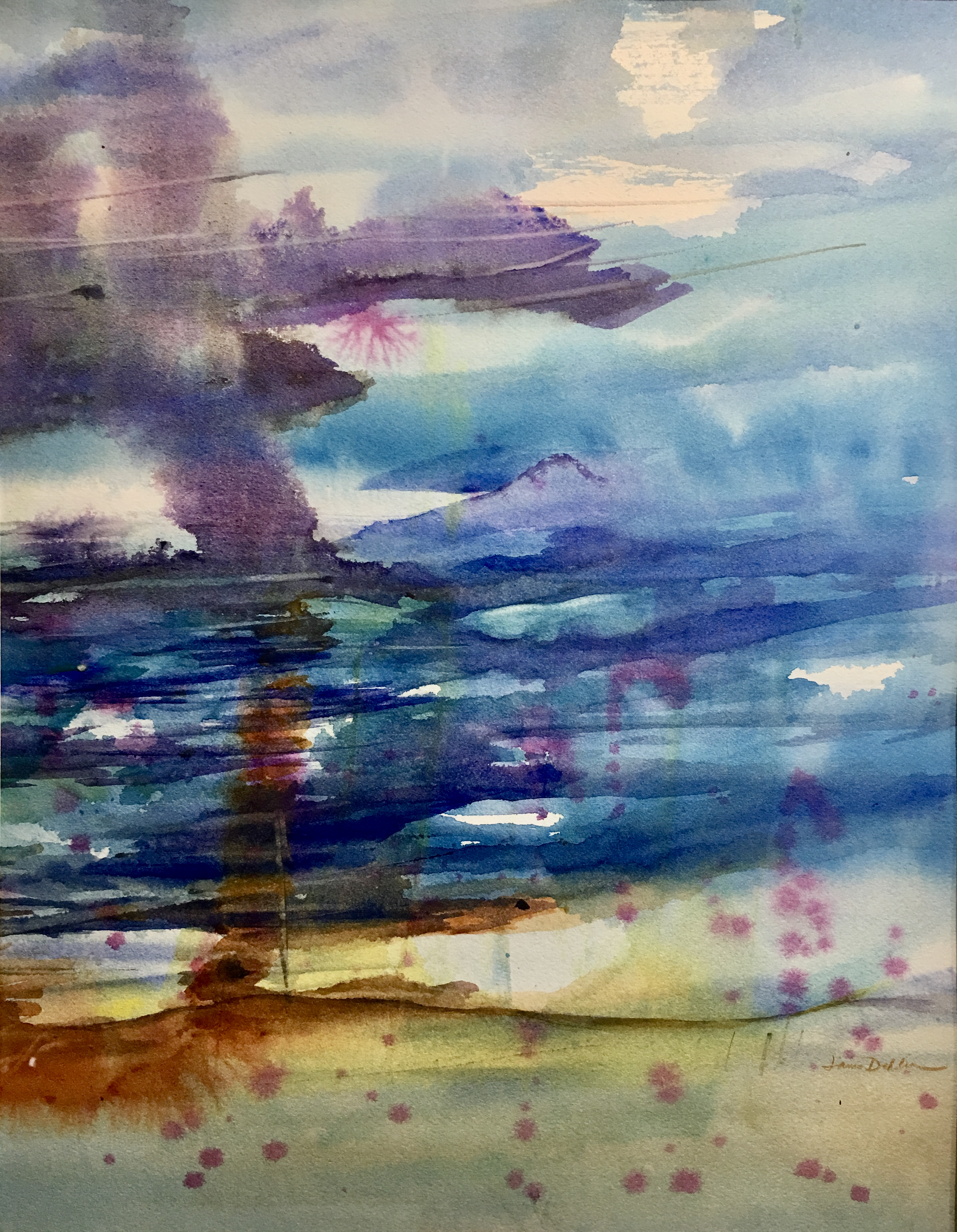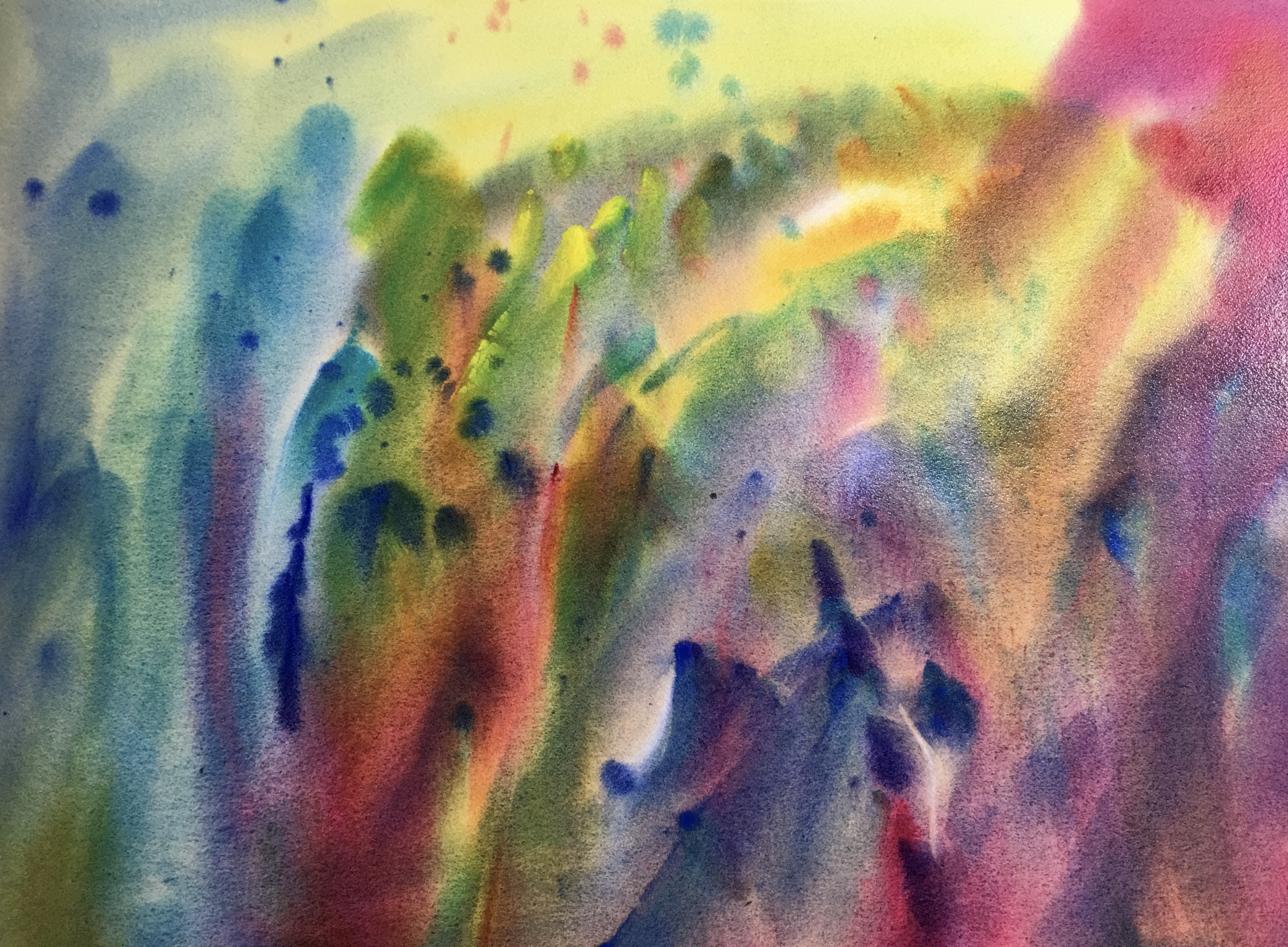
“I am tired of living through historical events.”
Oscar Mills, age 15
I think we can all say, “Amen” to that. The thing about historic events, however, is that they are a fact of life; they just keep coming. We all remember the historic events we have lived through over the years. My parents’ generation with the Great Depression and World War II. My generation lived through the Cuban Missile Crisis, the killings of our president, John F. Kennedy, as well as the Civil Rights Movement, the killings of Martin Luther King and Bobby Kennedy, the shootings of protesters, and the Vietnam War. Now, we are just barely holding our head up after moving into our third year of a global pandemic, life turned upside down, isolation, death, and uncertainty and the politicization of a virus. We find we are holding our breath as we watch an invasion into Ukraine played out on our screens with the threat of nuclear war. We feel pain and heartache watching others suffer the devastation of war by an ever-threatening aggressor.
We have all lived through historic events be they personal, national, or global. They happen in the day-to-day course of life, the sudden death of a beloved, the sudden loss of a job, home, finances, faith, when all seems turned upside down and we have lost our grounding. In a day, one can wake up and find life routines and structure halted and a sense of security shaken to the core.
The Oscar quote was stated at our dinner table last Friday night after many fun light conversations that ultimately turned to the big one, World War III. This fifteen-year-old grandson is tired of years of isolation, prep for the threat of school shootings, police shootings, and now war with a much wider global implication. The people of Ukraine are tired and fearful. The world order is shifting and there is uncertainty. I have readers in Ukraine and my heart goes out to them. I have readers in Russia, and I send them care and concern as well. Those with the least suffer from the actions of the powerful.
When things fall apart, we might feel angry, fearful, confused, under great stress, agitation, and yes, tired. The challenge and the choice are in how we deal with the feelings. People are searching for targets for their emotions. I learned yesterday that an iconic restaurant in St. Paul, Moscow on the Hill, which first opened in 1994, is now being targeted with hate and death threats and being told they need to change their name. The Russian Museum of Art in Minneapolis is trying to get people to understand that they also stand with Ukraine as many in Ukraine have family in Russia. When we spew hate on our neighbor, we are no better than the one who made the decision to plummet Ukraine.
This same grandson at age eight chose a different way. When asked how he was handling the late term miscarriage of his awaited for baby brother or sister, he said, “I just keep moving forward until I can’t move forward anymore, then I wait, until I can move forward again.”He defined his way of moving through grief and loss.
The wisdom of an eight-year-old is what we need to heed today, we keep moving forward, then rest, then move forward. It is what we can do. Focus on what is before us, family, friends, work, our purpose in life. Pause, pay attention, reflect, feel our grief, then move. If we sit too long the anger and the fear and the feelings of hopelessness can rise and claim us, fester, and move into action against another. If we sit too long, we might turn the feelings inward and feel paralyzed in inaction.
Today, the sun rises whether we see it or not. We keep doing what we can do, in kindness, compassion, and with an open heart.
“Life is one big road with lots of signs. So, when you ride through the ruts, don’t complicate your mind. Flee from hate, mischief, and jealousy. Don’t bury your thoughts, put your vision to reality. Wake Up and Live!”
Bob Marley

On Going Resource List
- Unfolding the Heart: A Journey Toward Coherence by Janis Dehler
- The Pyramid of Self by Brian Dehler
- The War of Art by Steven Pressfield
- Theo of Golden by Allen Levi
- Spiritual Growth: Being Your Higher Self by Sanaya Roman
- The Art of Pilgrimage: The Seekers Guide to Making Travel Sacred by Phil Cousineau
- Living With Joy: Keys to Personal Power & Spiritual Transformation by Sanaya Roman
- Love Poem From God: Twelve Sacred Voices From Ease and West by Daniel Ladinsky
- The Gene Keys: Emracing Your Higher Purpose by Riuchard Rudd
- Your Brain on Art: How the Arts Inform Us by Susan Magsamen and Ivy Ross
- A New Earth by Eckhart Tolle
- Energy Speaks: Messages from Spirit on Living, Loving, and Awakening by Lee Harris
- Breaking the Habit of Being Yourself: How to Lose Your Mind and Create an New One by Dr. Joe Dispenza
- The Women by Kristin Hannah
- Cosmogenesis: An Unveiling of the Expanding Universe by Brian Thomas Swimme
- The Mastery of Love, Don Miguel Ruiz
- Change Your Thoughts—Change Your Life: Living the Wisdom of the Tao, by Dr. Wayne W. Dyer
- God of Love: A Guide to the Heart of Judaism, Christianity, and Islam, by Mirabai Starr
- The Four Agreements: A Toltec Book of Wisdom by Don Miguel Ruiz
- Mindfulness and Grief by Heather Stang
- How We Live Is How We Die by Pema Chödron
- The Bhagavad Gita, Translated by Eknath Easwaran
- St Francis of Assisi: Brother of Creation by Mirabai Starr
- Wild Wisdom Edited by Neil Douglas-Klotz
- Earth Prayers From Around The World, Ed by Elizabeth Roberts & Elias Amidon
- The Tao of Relationships by Ray Grigg
- Anam Cara: A Book of Celtic Wisdom by John O’Donohue
- Unconditional Love and Forgiveness by Edith R. Stauffer, Ph.D.
- Keep Going: The Art of Perseverance by Joseph M. Marshall III
- Art & Fear by David Bayless & Ted Orland
- Quantum-Touch by Richard Gordon
- The Van Gogh Blues: The Creative Persons Path Through Depression by Eric Maisel, PhD
- The Faraway Nearby by Rebecca Solnit
- Amazing Grace: A Vocabulary of Faith by Kathleen Norris
- Forever Ours: Real Stories of Immortality and Living by Janis Amatuzio
- Personal Power Through Awareness by Sanaya Roman
- Violence & Compassion by His Holiness the Dahlai Lama
- Teachings on Love by Thich Nhat Hanh
- Devotions by Mary Oliver
- To Bless the Space Between Us by John O’Donohue
- Meditations From the Mat by Rolf Gates and Katrina Kenison
- The House of Belonging: poems by David Whyte
- Full Catastrophe Living: Using the Wisdom of Your Body and Mind to Face Stress, Pain and Illness, by Jon Kabat-Zinn
- The Faraway Nearby by Rebecca Solnit
- Soul an Archaeology Edited by Phil Cousineau
- A Path With Heart by Jack Kornfield
- Listening Point by Sigurd Olson
- I Sit Listening to the Wind by Judith Duerk
- Dancing Moons by Nancy Wood
- The Soul of Rumi, Translations by Coleman Barks
- Keep Going by Joseph M. Marshall III
- Arriving at your own Door by Jon Kabat-Zinn
- The Untethered Soul by Michael Singer
- The Hidden Secrets of Water by Paolo Consigli
- Conquest of Mind by Eknath Easwaran
- Color: A Natural History of the Palette by Victoria Finlay
- Peace is Every Step by Thich Nhat Hanh
- I Thought It Was Just Me (But It Isn’t) by Brene Brown
- Practicing Peace in Times of War by Pema Chodron
- When Things Fall Apart by Pema Chodron
- On Death and Dying by Elizabeth Kubler-Ross
- Unattended Sorrow by Stephen Levine
- Joy in Loving, Mother Theresa
- The Joy of Living by Yongey Mingyur Rinpoche
- Let Your LIfe Speak by Parker Palmer
- Zen and the Art of Saving the Planet by Thich Nhat Hanh
- The Essence of the Upanishads by Eknath Easwaran
- Welcoming the Unwelcome by Pema Chodron
- Braiding Sweetgrass by Robin Wall Kimmerer
- Medicine Cards: The Discovery of Power Through The Ways Of Animals by Jamie Sams and David Carson
